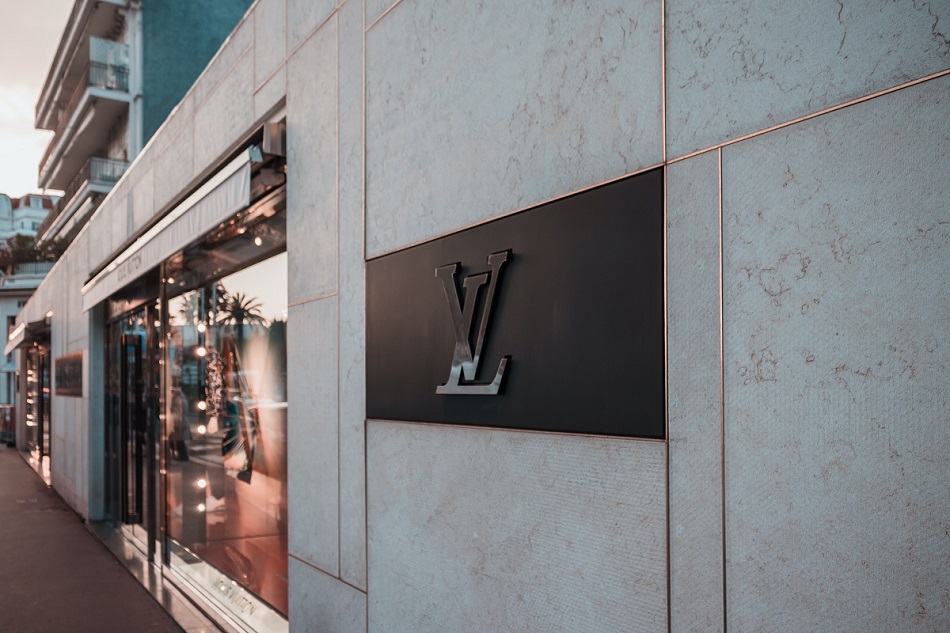
Falling share prices of iconic luxury groups riding on the back of the US debt crisis has been making headlines. While the world of premium luxury brands may have taken a scratch here or a dent there in the two years of lockdown, they were always in the reckoning, albeit a little edgy over the behemoth market called the Chinese middle class.
However, the US debt crisis seems to have created a deeper fear which could be smelled in the corridors of luxury. What stirred up news was: Hermes International shares falling almost 5.5 per cent, LVMH Moet Hennessy Louis Vuitton (LVMH) shares losing 4 per cent, and Kering SA, owner of Gucci, seeing a 2 per cent drop in share prices. This huge drop saw the world’s richest man, Bernard Arnault, founder of LVMH losing a whopping $11 billion of his personal fortune in a matter of hours on that fateful day.
But so what? Tuesday May 23 may have been a huge dent but it wasn’t a crash by any means. Despite the day’s debacle, Bloomberg says, luxury stocks have been outperforming by a large margin this year. LVMH's stock has jumped 25 per cent, while shares of Hermes have risen 34 per cent in 2023, despite a general economic downturn across the world.
The US might still rule the roost
The US and Asia represent significant markets for the European luxury brands. Hermes' quarterly revenues increased 23 per cent in the first quarter of 2023 (January to March), thanks in large part to the demand from Chinese shoppers for the luxury brand's scarves and kelly bags. LVMH's stock price touched a record last month when the company reported a boost in sales. The stock rally also helped the world's biggest luxury brand to enter the most-valuable company list earlier this year.
LVMH's annual report for 2022 states, the US accounted for 27 per cent of the company's sales, while Asia, excluding Japan, accounted for 30 per cent. But early warning signs have appeared, with LVMH reporting a slowdown in US growth and Burberry Group reporting a decline in demand for trainers and entry-level items among younger Americans. Sidney Toledano, Charman and CEO of the LVMH Group has an interesting spin on this, he opposes the pessimism running through a bearish stock market as he feels come hell or high water, established luxury icons such as Louis Vuitton and Dior are way to embedded through finest of creativity, the most genuine customer service, expertise in marketing and the expansive global outreach. As per him, the world of luxury was no longer shared by the US and China but the emergence of a dynamic market like India, the economic-crisis resistant Gulf region and Africa as a continent with potential means luxury now has a much broader canvas to work with.
Gulf most promising market
The Gulf region is expected to become one of the fastest growing markets for luxury in 2023,say Barclays Plc analysts, with owners of Louis Vuitton and Cartier best placed to benefit. Analysts indicate high oil prices are the main reason for a buoyant economy and demographic trends another for this region being the most dynamic luxury market. Dubai’s continued focus on attracting tourists and foreign expatriates, as well as its diversification away from oil are also factors that will boost luxury spending. Barclay’s Plc analysts say, LVMH, the owner of Louis Vuitton and Christian Dior, and Richemont, which makes Cartier jewellery and watches, will be beneficiaries of the Gulf’s luxury growth.












